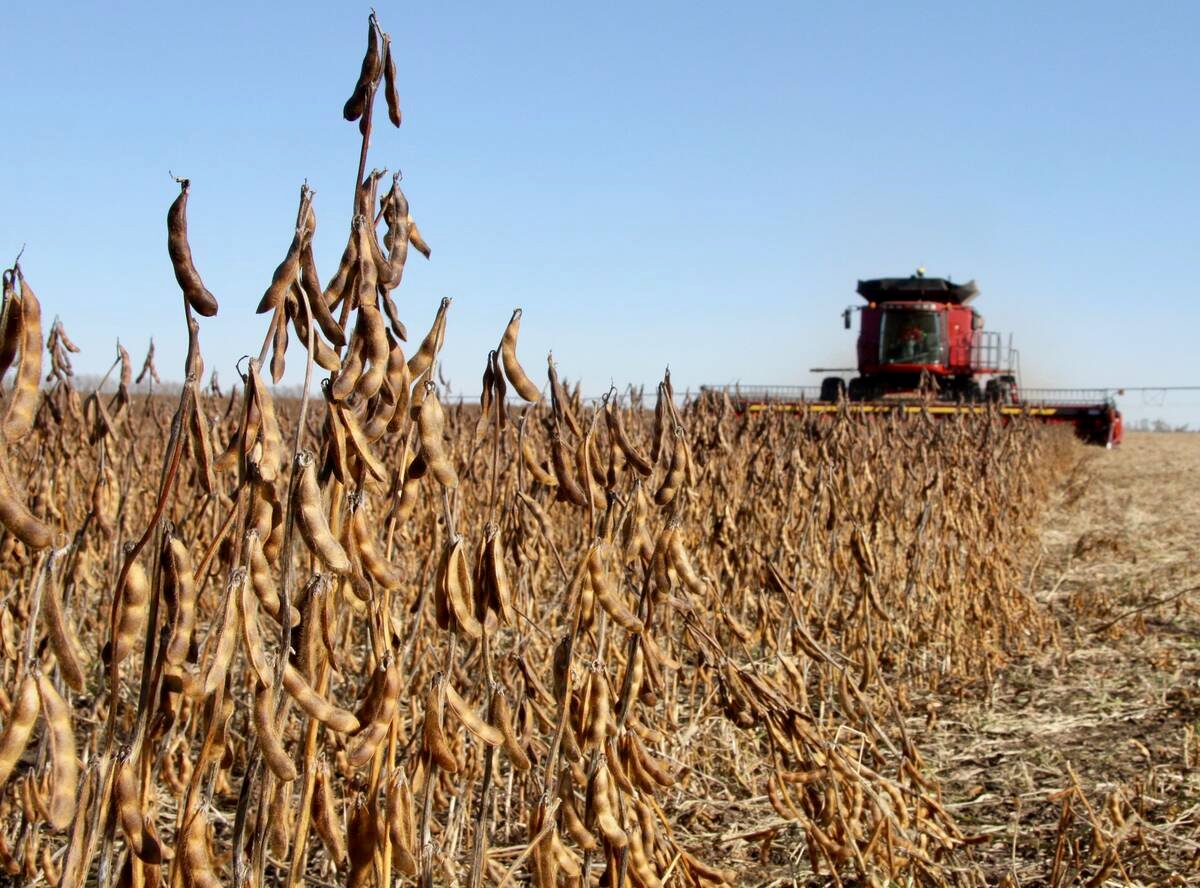When members of the House of Commons agriculture committee reconvene in early February after their six-week Christmas break, one of their first jobs will be to consider government proposals to strengthen the legislative base of the Canadian Food Inspection Agency, including giving CFIA agents more powers.
The House approved the CFIA Enforcement Act in principle in mid-December and sent it to committee for detailed study and public hearings.
The legislation consolidates rules that are now found in 10 often-conflicting bills.
It also gives agency employees more powers to investigate and close down businesses suspected of violating food safety rules and increases CFIA’s authority to inspect food imports at the border. The bill will give CFIA inspectors some of the same search, investigation and shutdown powers given to food inspectors in the United States under homeland security legislation.
Read Also

U.S. soybean crop was not all roses this year
The USDA is forecasting record U.S. soybean yields but for some growers it was a disastrous year due to excess moisture.
In the Commons, the government defended the legislation as a necessary modernization of rules that will allow the CFIA to be more effective and better able to respond to unexpected diseases or terrorist attacks on the food system.
Conservative critics warned that it could be giving inspectors too much power with too little accountability.
“I am concerned that the bill does not incorporate any aspect of accountability for fair and effective enforcement,” British Columbia Conservative MP Gurmant Grewal said during the short Commons debate.
“It fails to address accountability for frivolous or false detainment and destruction of products and materials.”
He complained that regulatory inconsistencies often mean ethnic foods that are acceptable in the U.S. are not allowed into Canada.
“The criteria used in decisions often appear to be arbitrary and unfair.”
In contrast, New Democrat Charlie Angus worried that the attempt to harmonize rules with the U.S. could mean Canada is “dumbing down” its rules in order to keep trade going with the Americans.














